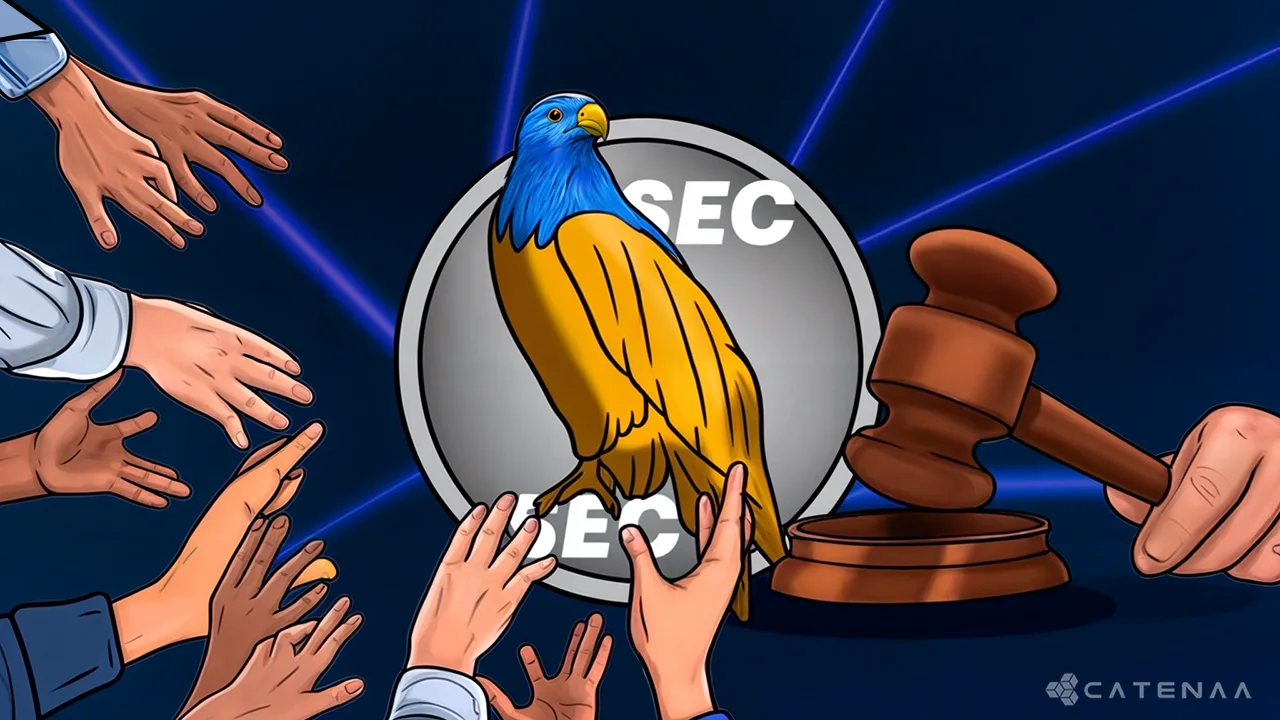New York, Monday, September 30, 2024 – A group of Republican lawmakers, led by Rep. Patrick McHenry and Sen. Cynthia Lummis, has expressed serious concerns regarding the Securities and Exchange Commission’s (SEC) approach to regulating crypto custody. In a letter to SEC Chair Gary Gensler, they called for the agency to “rescind” its Staff Accounting Bulletin No. 121 (SAB 121).
The letter, shared by Fox reporter Eleanor Terrett on Sept. 20, outlines multiple issues with SAB 121. The lawmakers argue that the SEC issued the guidance without consulting key regulators or adhering to the formal rulemaking process, leading to confusion and increased consumer risk. The rule mandates that digital asset custodians recognize a liability on their balance sheets equal to the fair market value of their crypto assets, which diverges from traditional accounting practices.
The lawmakers assert that rescinding SAB 121 is necessary and within the SEC’s authority, citing precedents for revisiting staff accounting bulletins. They referenced a ruling from the Government Accountability Office (GAO), which classified SAB 121 as a “rule” under the Congressional Review Act, necessitating the formal notice and comment process outlined in the Administrative Procedure Act (APA). However, the SEC framed it as staff guidance, circumventing these requirements.
Additionally, the GOP legislators highlighted confidential consultations between SEC staff and select financial institutions, which reportedly received exemptions from reporting requirements on a case-by-case basis. Terrett questioned the SEC commissioners for allowing accounting staff to “pick winners and losers” in the crypto custody sector while bypassing established protocols.
BNY Mellon has been identified as a primary beneficiary, being the first bank to receive an exemption from the rule. Chris Land, general counsel to Sen. Lummis, disclosed during a Wyoming public hearing that the SEC permitted BNY Mellon to sidestep certain burdensome requirements of SAB 121. Despite starting to accept crypto deposits in 2022, the bank faced challenges complying with the accounting stipulations, prompting requests for leniency.
The lawmakers criticized the SEC’s selective enforcement as lacking transparency and consistency, warning that it undermines investor protections by failing to ensure uniform application of rules across institutions.


